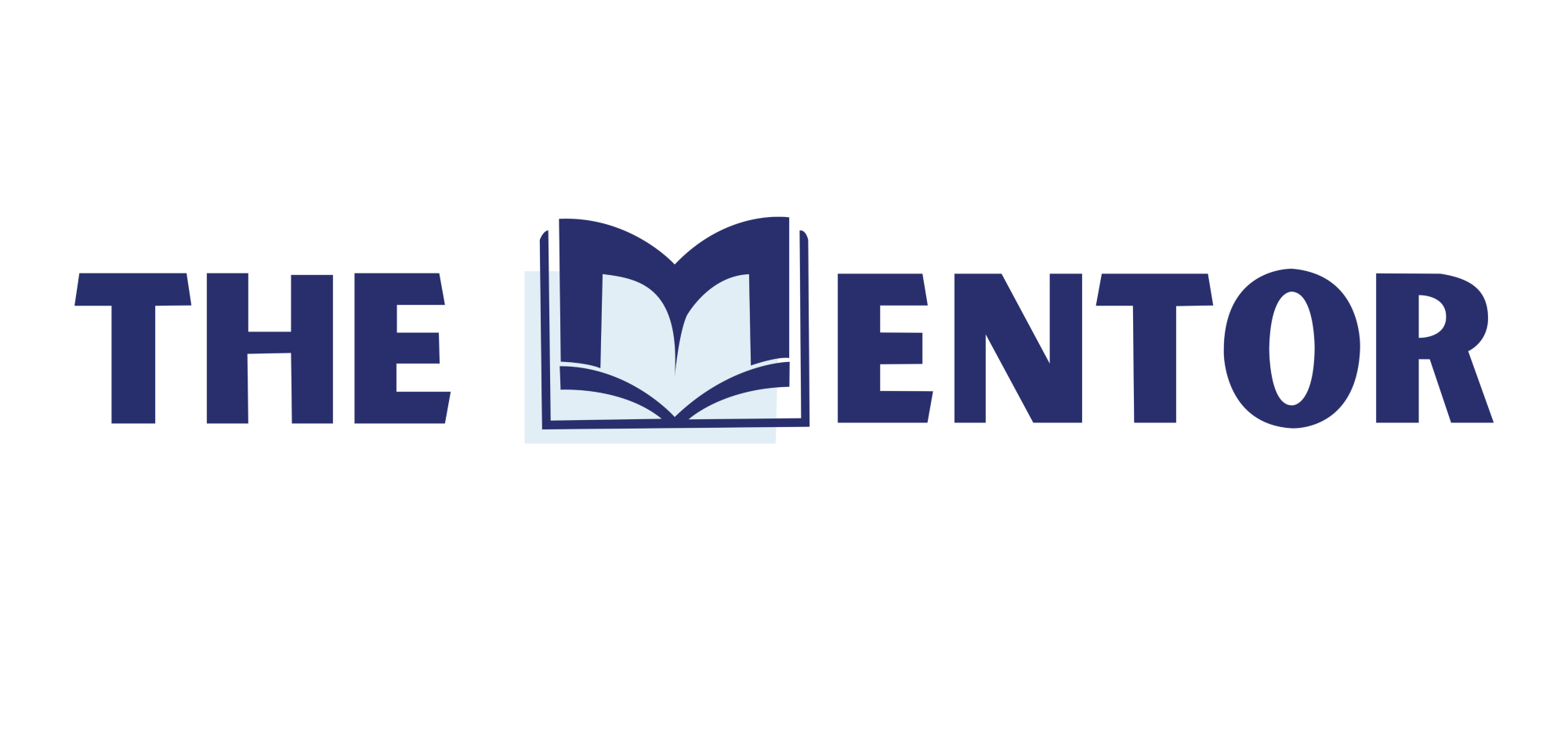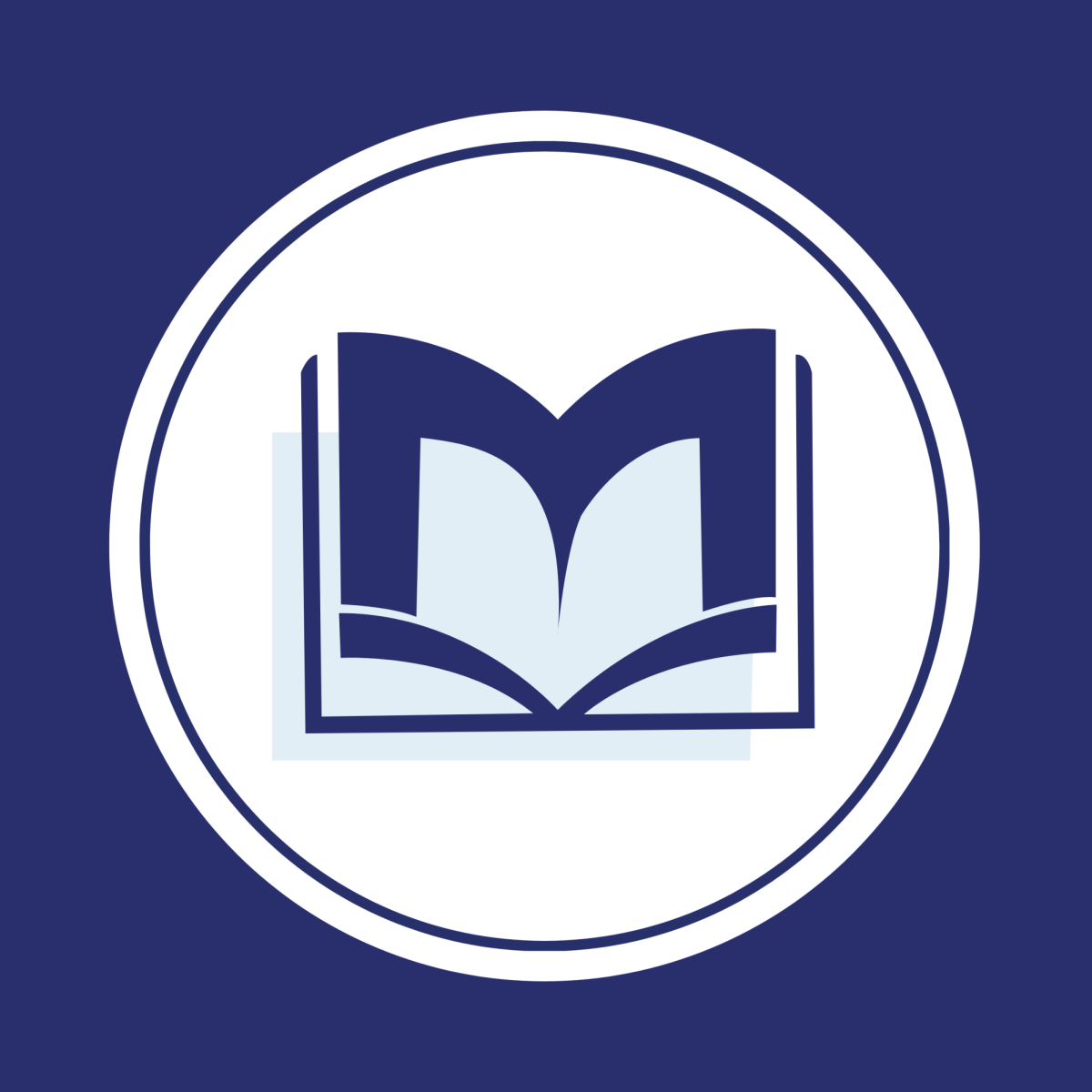As the technological age continues to blossom, the very fabric of education is shifting. Whether it is digitized assignments, online textbooks or online testing, the impact of technology on education has been felt. In the realm of standardized testing, there has been much debate.
Most recently, the SAT and PSAT went all-digital, completely changing their format to accommodate the shifts in test-taking style. In addition, the ACT has plans to pilot an online program over the next few years. The College Board’s Advanced Placement program is also hoping to implement online testing soon.
The Mentor Editorial Board believes that these digital standardized exams should be optional and that students should have the right to take the exam on paper. Especially for the ACT and AP subject exams, which are info heavy, it can be hard for students to track problems, info and connections on an all-digital exam. Moreover, many students associate screens with leisure time or entertainment, leading to a lack of focus during the exam.
At the same time, many enjoy the efficient and personalized experience of online testing. The bottom line is that students have preferences. However, these preferences are capable of impacting the score of a future-defining test.
The various test-making organizations behind these digital exams should implement policies that allow students to make their own decisions regarding test format. If these organizations are truly aiming to give students opportunities to excel, they should do so in an all-inclusive manner. If anything, they should give schools the choice to administer both exams depending on student preference.
A digital educational landscape is inevitable. However, educational institutions should do their part to level the playing field and accommodate students’ needs. The ACT and SAT exams have notoriously been a “pay to win” test. They still are in many respects. However, making this consideration as we shift to online testing and learning will set an important precedent, setting the foundation for improved educational equity in the future.







